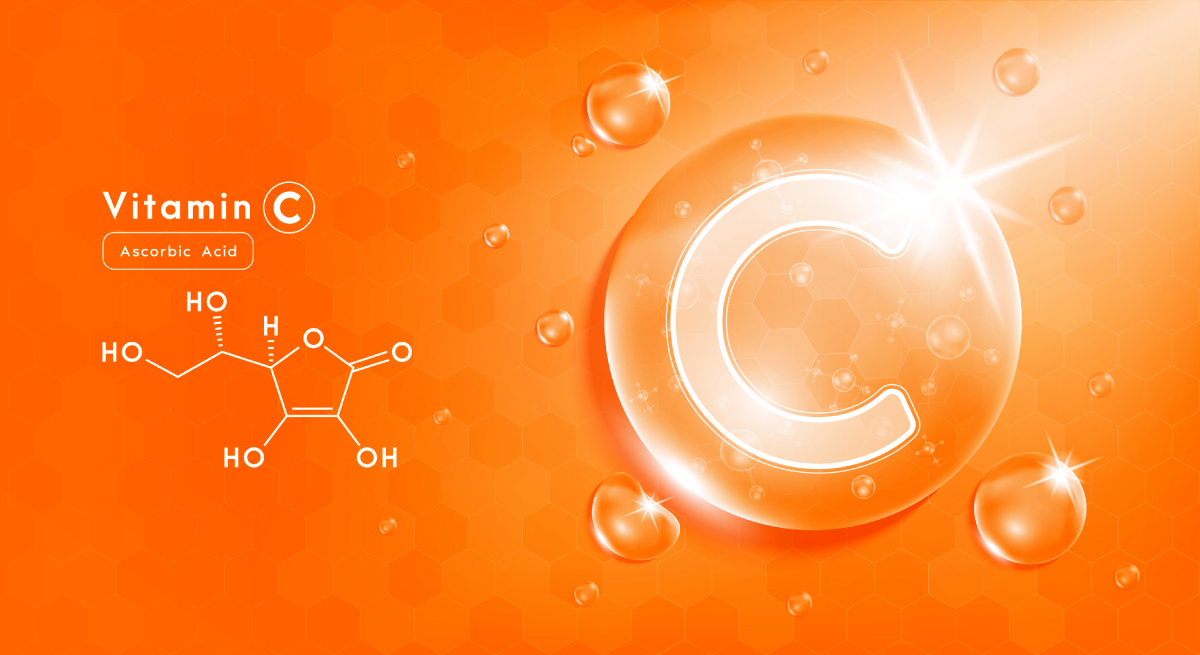Topical Vitamin C offers powerful antioxidant benefits to treat and prevent skin changes, such as hyperpigmentation, photoaging and other skin conditions. Dr. Melinda Lacerna uses this naturally occurring antioxidant in skincare products and treatments at LA Skin Spa and LA Plastic Surgery & Dermatology.
How Does Vitamin C Improve Skin?
Vitamin C is one of many naturally occurring antioxidants, and L-ascorbic acid is its chemically active form. This nutrient is abundant in human skin, protecting cells from oxidative stress. Oxidative stress occurs when oxygen molecules split into single atoms with unpaired electrons, forming unstable free radicals. These free radicals look for atoms and molecules to bond to and trigger the start of oxidative stress, which damages body cells and causes wrinkles and other signs of aging. Vitamin C protects cells from oxidative stress by donating electrons that neutralize unstable free radicals.
This natural antioxidant is essential for the production of collagen, a protein considered the “fountain of youth” for its role in skin health and quality. Vitamin C stimulates molecular changes and has potential anti-inflammatory properties that improve acne, rosacea and other skin conditions. Vitamin C may be beneficial for wound healing and post-inflammatory hyperpigmentation.
The healing properties of vitamin C increase four-fold when combined with vitamin E, and many products combine these nutrients for powerful benefits. The EverActive C&E + Peptide skin care product uses 15 percent vitamin C complex in crystals mixed with the serum before use. The unique delivery system and antioxidant serum may visibly reduce signs of aging.
Sun Exposure and Vitamin C
While vitamin C is found naturally in the skin, its levels decrease when the skin is exposed to UV light. UV exposure reduces vitamin C and generates free radicals, causing a domino effect on cell damage that leads to oxidative stress. That triggers the breakdown of collagen and contributes to skin aging and inflammation. Chemical alterations from UV exposure damage cellular DNA, membranes and proteins. However, antioxidants, such as vitamin C, neutralize this threat to healthy skin.
Vitamin C protects against UVB and UVA light rays. UVA light is known to destroy elastin, collagen and other skin structures, leading to premature aging, and potentially melanoma. UVB light is the form that causes sunburns, free radicals, skin cancer and skin mutations. Vitamin C stops free radicals from UV exposure from damaging the skin. When tested in laboratories, researchers found topical application of 10 percent vitamin C reduces sunburn cell formation by 40 to 60 percent and skin redness caused by UVB light by 52 percent.
This naturally found antioxidant is an effective tool against photoaging and skin changes from UV exposure.
If you struggle with wrinkles or a skin condition, contact Dr. Lacerna in Bradenton today. Call LA Plastic Surgery & Dermatology at (941) 954-4500 or request an appointment online.

